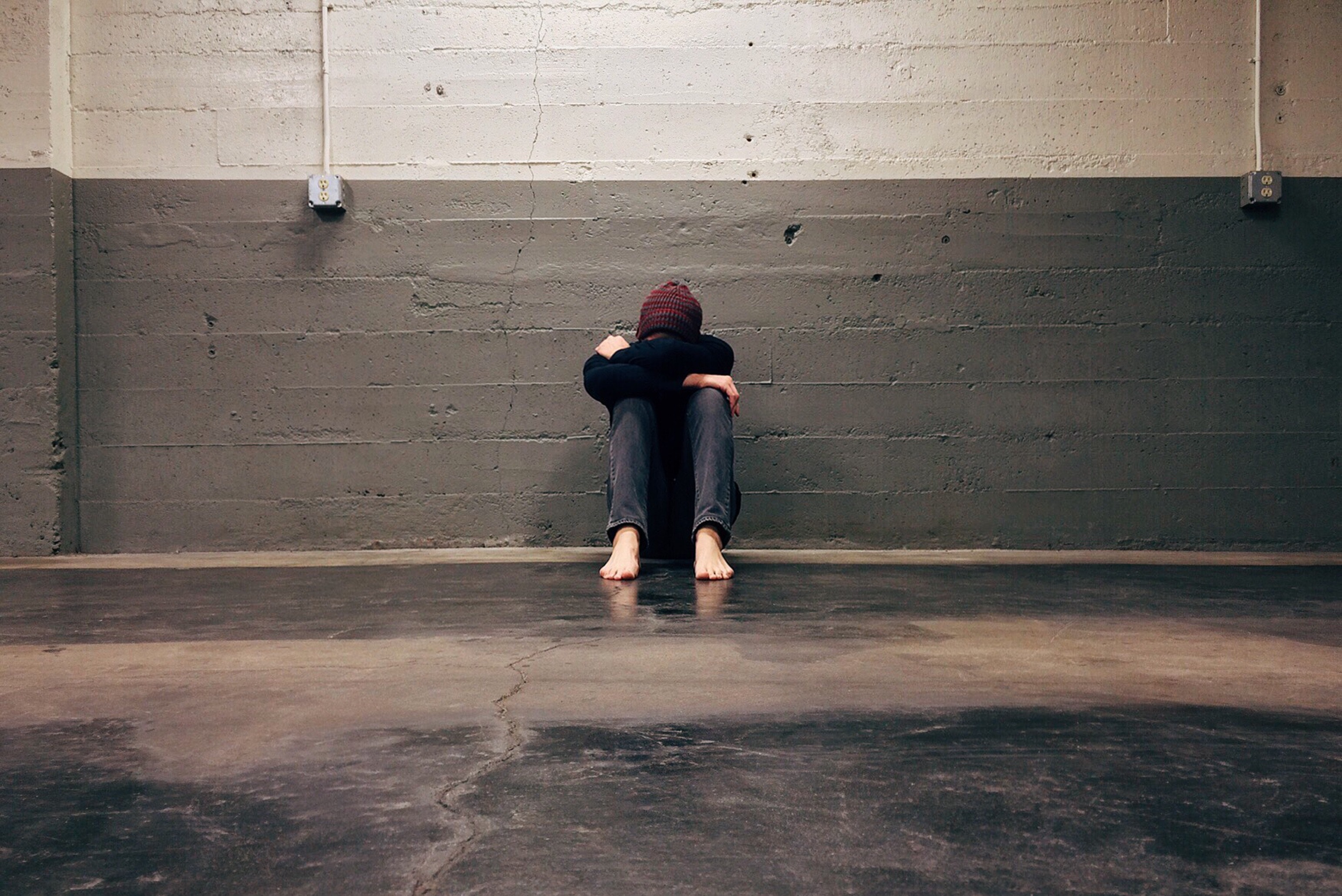Treatment is used to reduce the duration and severity of depression and prevent new episodes. Successful treatment of depression can lead to better results in every aspect of life and reduce the risk of suicide. There are various treatments for depression. The course of action that is suitable for everyone should be guided by a trained medical specialist. Some options include the following.
More About Depression
Depression is a common mental health condition and brings great costs to patients and society. Although there are many effective ways to treat the crisis, it is unclear how much of the patient benefits from this treatment. Therefore, clinicians often use a method of guessing and checking that usually requires multiple attempts to identify effective treatment for patients.
What is the current treatment for depression and what evidence can be used to ensure its safety and effectiveness? People with depression can be treated. Treatment of depression is divided into two phases, acute treatments designed to treat disease episodes and maintenance treatments aimed at preventing recurrence. The treatment of depression is divided into several categories.
New Drugs for Depression
Today, the FDA has approved a prescription for spasticolomines as an oral anti-inhibitory medication to treat depression in adults who have tried other drugs. Due to the risk of severe adverse effects due to sedation and dissociation caused by sphydrilla management, as well as the possibility of abuse and misuse of drugs, this is only possible through a limited distribution system. Risk assessment and mitigation strategies are included in the risk assessment.
Given its effectiveness and proposed risk assessment and mitigation strategies, the benefits outweigh the risks of esketamines in treating depression which have not been responding to other treatments. As manufacturers manufacture products, monitoring them is important to ensure that the benefits outweigh the costs as new treatments are made. Those who suffer from the painful effects of a depressive episode will have to choose which alternative is best, and that medication should be helped.
Electroconvulsive Therapy
Electroconvulsive Therapy, in which electrical currents shock the brain, is used for some difficult cases of depression. Therapy for depressed patients is usually 2 to 3 times a week. The number of electroconvulsive treatments needed to treat depression is generally between 6 and 12. Some patients are improved after the first treatment, while others are only improved several times. After the successful completion of ECT programs, treatment for antidepressants will reduce the risk of recurrence in patients.
Antidepressants
The most commonly prescribed treatment for major depressive disorders is antidepressants medications. Although the development of new and effective treatments for depression has been shown to be limited, as many as 30 to 35 percent of patients have not Medications may also cause undesirable side effects, which can damage the quality of life and reduce the risk of complications 9 even in patients with short term antidepressants. After treatment, there is a high risk of recurrence within 1 year after hospitalization.
Psychosocial Therapy
Psychosocial therapy is also effective for mild depression. Antidepressants may be an effective way to treat moderate and severe crises, but they are not the first line of treatment for mild depression. They should not be used to treat depression in children, and are not the first line of treatment for young people, who need additional attention.
The good news is that depression treatments are usually a two for one treatment, which improves your overall health. In particular, some studies of diabetes have shown that specific antidepressants and psychotherapy may help improve glycemic regulation required for diabetes management. Use of drugs, support groups or psychotherapy is proven to improve the quality of life and compliance with treatment, but some depression patients need to try other approaches.
Self Care
Individuals, groups and guided self care treatments have been shown to be effective in treating depression without significant differences in the effects of these various forms. It is also well known that even without guidance from people with depression, self help can be effective. Some patients are not sure what type of therapy or treatment is best.
As with the greatest things in lifestyle, depression treatments and their effectiveness depend on individuals. The best treatment for depression is psychological therapy and medicine. Both mental health and substance abuse treatment have been shown to help reduce major depressive symptoms, regardless of the intent. If a depressed person works with his or her doctors and psychiatrists, he will be able to find the right treatment. Just as there are new advances in medical technology, such as stem cell treatment for knees, there are also new advances in mental health technology. Some people respond correctly to psychological therapy and more traditional methods, while others respond better to new treatments.







